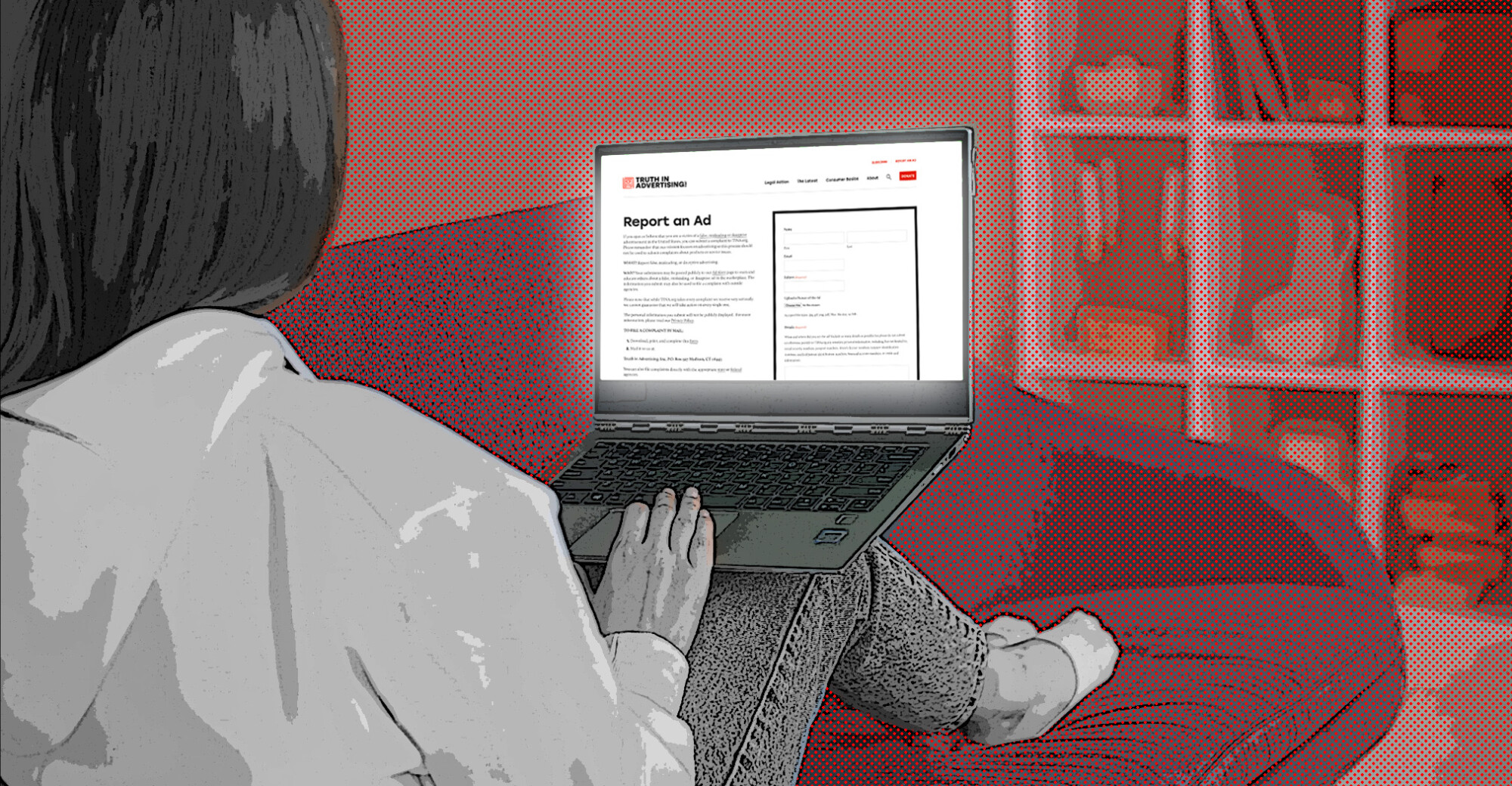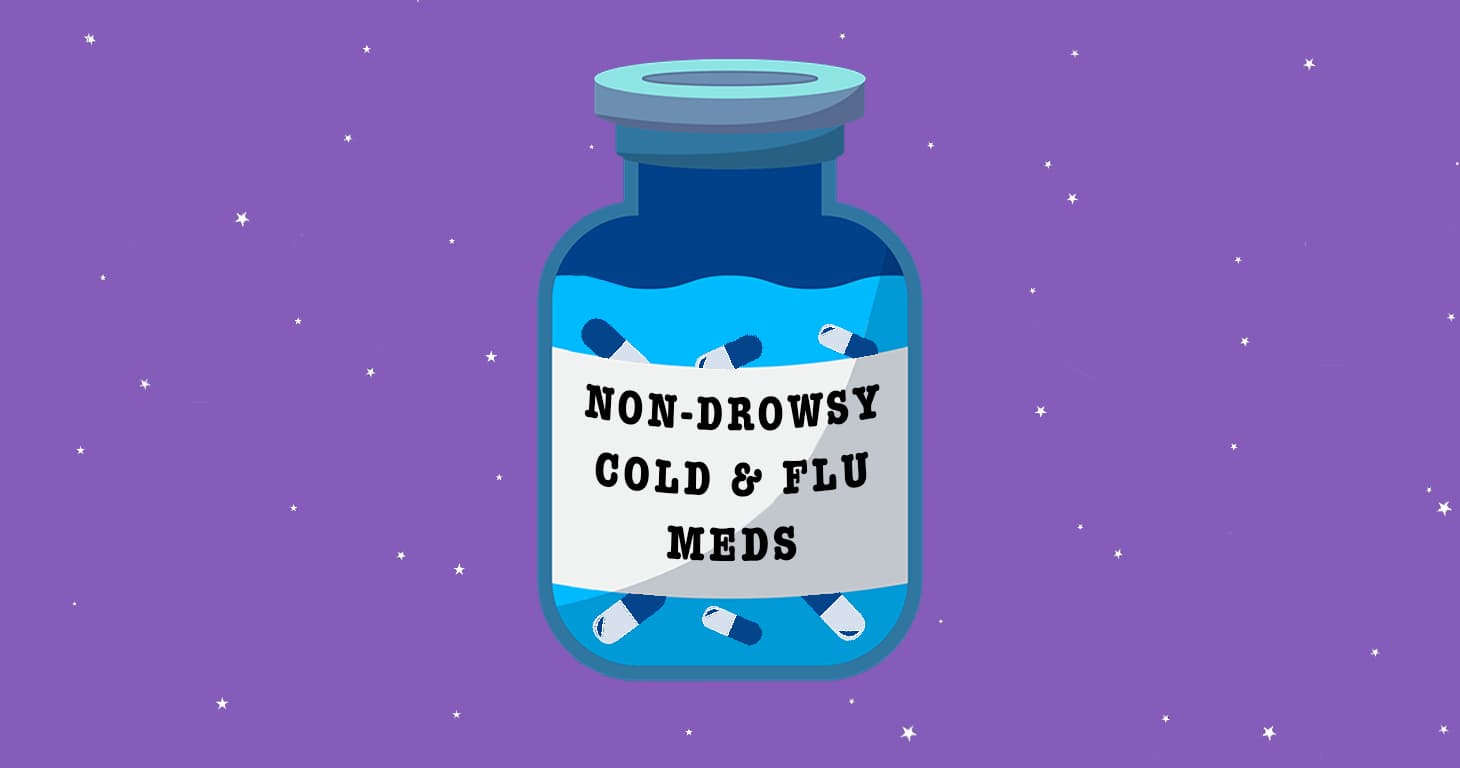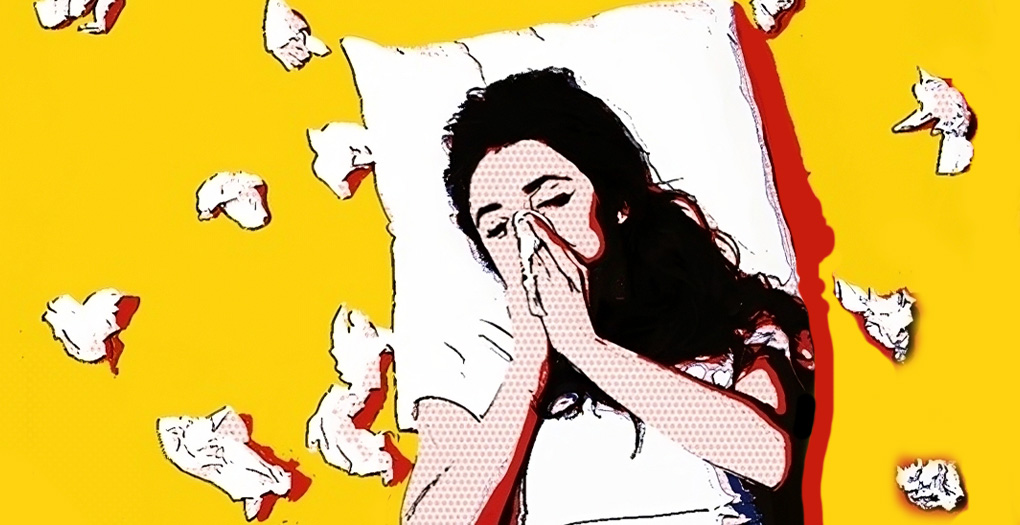
NCPW 2025: Fighting against Deceptive Marketing
If you’ve been misled by an ad, regulators want to hear from you. We do too.
Several products marketed as 'non-drowsy' contain an ingredient that causes drowsiness, lawsuits claim.
This article highlights a trend in the filing of class-action lawsuits as identified by our Class-Action Tracker, aka CATrends.
For consumers in need of cold and flu relief that doesn’t knock them out or make them feel sluggish, non-drowsy claims are, shall we say, nothing to sneeze at. But according to a recent trend in class-action litigation, several over-the-counter flu and cold medicines marketed as “non-drowsy” contain an ingredient that causes drowsiness.
“Consumers want to take over-the-counter drug products that help them feel better, but also allow them to be active, either for work or they desire to maintain control of their senses,” states a lawsuit filed against Walmart earlier this month.
Walmart’s Equate brand of cold and flu products is one of several OTC medicines marketed as “non-drowsy” that contain the snooze-inducing ingredient dextromethorphan hydrobromide, or DXM, lawsuits allege.
Other brands include DayQuil, marketed by Procter & Gamble, and Robitussin, marketed by GlaxoSmithKline. Walgreens and CVS have also been accused of falsely marketing medicines as “non-drowsy.” All of the lawsuits were filed during the peak of flu season, which has coincided with a surge in Omicron coronavirus cases.
Several of the lawsuits cite an entry for dextromethorphan on the government-run health information site Medline Plus, which lists drowsiness as a possible side effect. Other side effects include dizziness, nausea, vomiting and stomach pain, according to the site.
The “non-drowsy” claims generally appear on the front label of products. The lawsuit against Procter & Gamble alleges:
By prominently labeling these products as “Non-Drowsy,” Defendant led Plaintiff and other reasonable consumers to believe that the Non-Drowsy DayQuil Products do not cause drowsiness, and that drowsiness is not a side effect of those products. But the truth is that products containing DXM – and thus the Non-Drowsy DayQuil Products – do cause drowsiness, and that drowsiness is a common side effect of DXM.
Find more of our coverage on medicine here.
If you’ve been misled by an ad, regulators want to hear from you. We do too.
Lawsuits allege products contain ingredients harmful to coral reefs and marine life.
An FDA panel’s recent findings has led to a flood of lawsuits.


